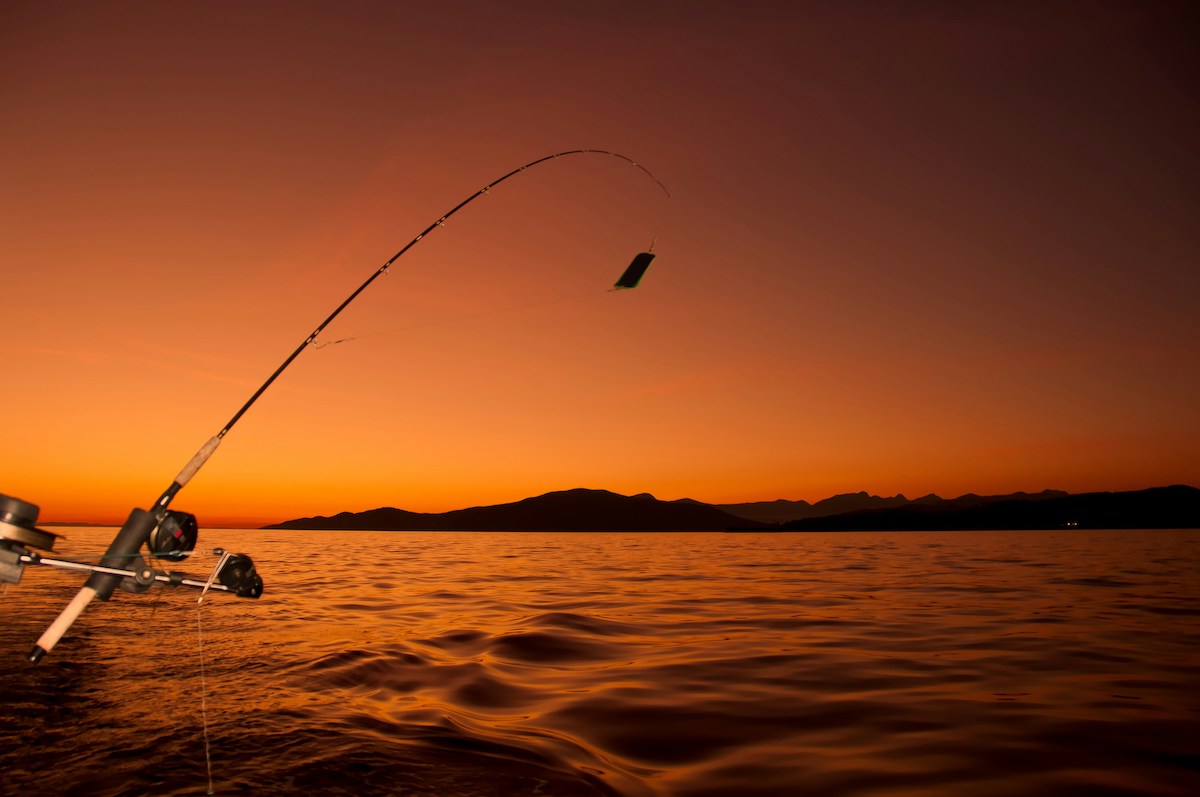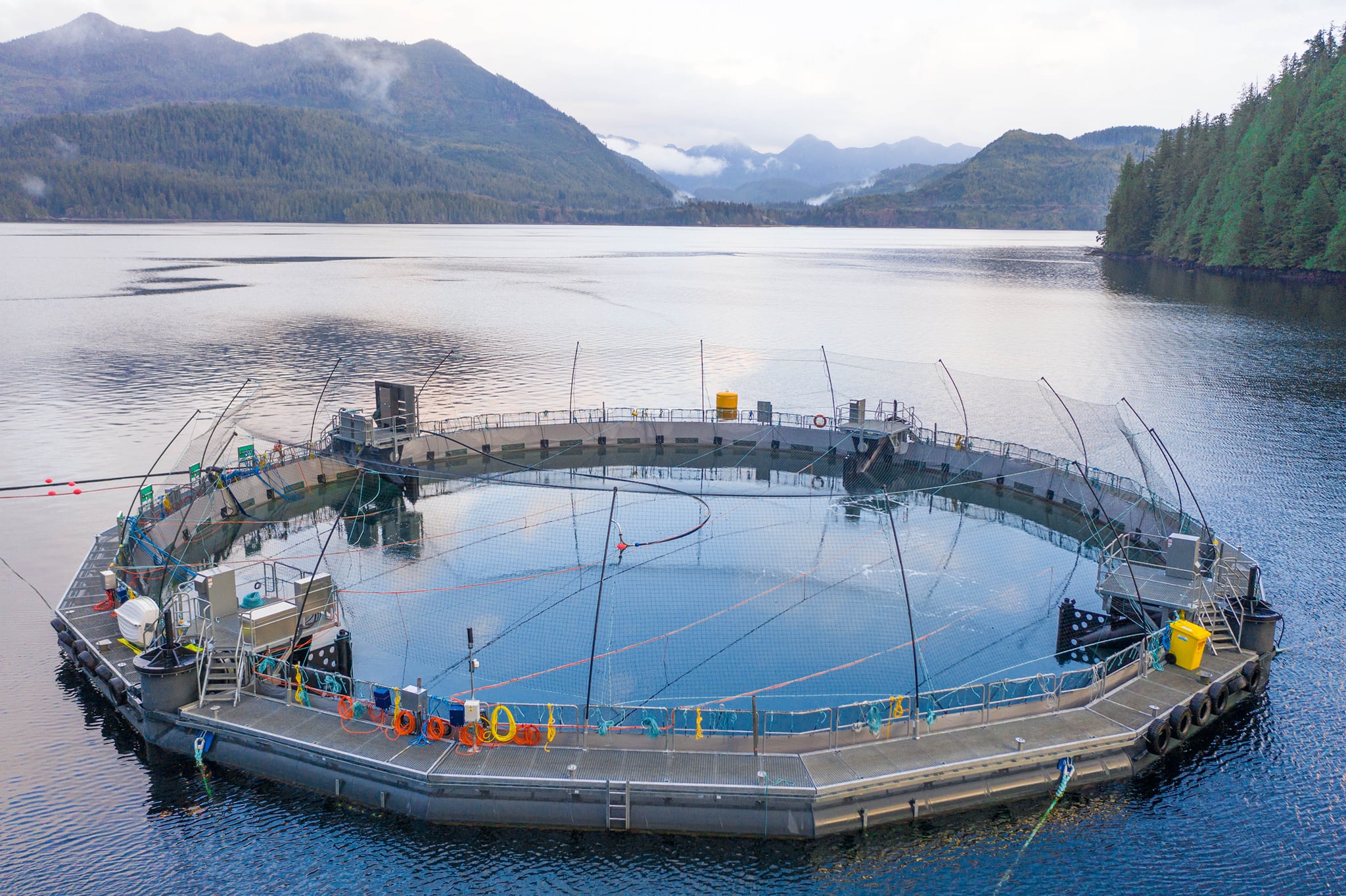I was more referring to the fact that they would not answer the question if one FN could use a gillnet that just spanned across the river, as in fish swim, as in can one first nation make a decision or impact an other but yeah. as in a can of worms no one wants to open to this day
Application to this case - is the net length restriction valid?
The Court of Appeal below found that there was not sufficient evidence in this case to proceed with an analysis of s. 35(1) with respect to the right to fish for food. In reviewing the competing expert evidence, and recognizing that fish stock management is an uncertain science, it decided that the issues at stake in this appeal were not well adapted to being resolved at the appellate court level.
Before the trial, defence counsel advised the Crown of the intended aboriginal rights defence and that the defence would take the position that the Crown was required to prove, as part ofits case, that the net length restriction was justifiable as a necessary and reasonable conservation measure. The trial judge found s. 35(1) to be inapplicable to the appellant's defence, based on his finding that no aboriginal right had been established. He therefore found it inappropriate to make findings of fact with respect to either an infringement of the aboriginal right to fish or the justification of such an infringement. He did, however, find that the evidence called by the appellant
" ...casts some doubt as to whether the restriction was necessary as a conservation measure. More particularly, it suggests that there were more appropriate measures that could have been taken if necessary; measures that would not impose such a hardship on the Indians fishing for food. That case was not fully met by the Crown."
According to the Court of Appeal, the findings of fact were insufficient to lead to an acquittal. There was no more evidence before this court. We also would order a retrial which would allow findings of fact according to the tests set out in these reasons. The appellant would bear the burden of showing that the net length restriction constituted a
prima facie infringement of the collective aboriginal right to fish for food. If an infringement were found, the onus would shift to the Crown which would have to demonstrate that the regulation is justifiable. To that end, the Crown would have to show that there is no underlying unconstitutional objective such as shifting more of the resource to a user group that ranks below the Musqueam. Further, it would have to show that the regulation sought to be imposed is required to accomplish the needed limitation. In trying to show that the restriction is necessary in the circumstances of the Fraser River fishery, the Crown could use facts pertaining to fishing by other Fraser River Indians.
In conclusion, we would dismiss the appeal and the cross-appeal and affirm the Court of Appeal's setting aside of the conviction. We would, accordingly, affirm the order for a new trial on the questions of infringement and whether any infringement is none the less consistent with s. 35(1), in accordance with the interpretation set out here. For the reasons given above, the constitutional question must be answered as follows:
Question: Is the net length restriction contained in the Musqueam Indian Band Indian Food Fishing Licence dated March 30, 1984, issued pursuant to the
British Columbia Fishery (General) Regulations and the
Fisheries Act, R.S.C. 1970, c. F -14, inconsistent with s. 35(1) of the
Constitution Act, 1982?
Answer: This question will have to be sent back to trial to be answered according to the analysis set out in these reasons.





